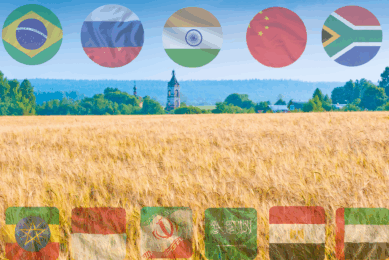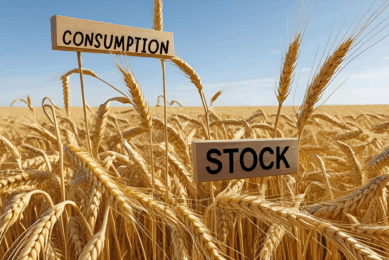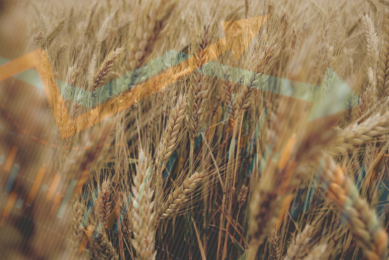Feed shortage in Mongolia kills millions of farmed animals

Roughly 6.3 million head of cattle died in Mongolia during the last few months due to a lack of feed. The feed shortage is the result of pastures being covered with heavy snow amid unprecedently harsh weather, the government reported.
In December 2023, the authorities warned that up to 12 million head of livestock could starve to death in Mongolia as the country endures some of the worst winters in decades.
Banning feed exports
The feed shortage crisis has not only led to the loss of millions of animals but has also dealt a severe blow to the livestock industry. The authorities estimated that the industry had already lost around 1 million head of livestock, primarily cows, resulting in losses of around $100 million for local farmers.
In a bid to alleviate the crisis, the Mongolian government has taken measures such as banning feed exports through the end of 2024. Additionally, several neighbouring countries have stepped in to provide feed as humanitarian aid.
Black and white dzuds
Mongolian farmers, who primarily rely on pasture feeding, have been struggling with back-to-back periods of harsh weather conditions called dzuds.
Black dzud means dry summers and cold winters, and white dzud stands for excessive heavy snowfalls blocking pasture access. A less common but more dangerous type is iron dzud, which occurs when heavy rain gives way to frost, locking the pastures in a thick ice layer.
During the past few years, several dzuds have reached the scale of natural disasters, which the farmers attribute to climate change.
As a result, in December 2023, prior to the recent crisis, the Ministry reported that the livestock population in the country plummeted by 9.1% over the previous year to 64.7 million.
The worst winter in 50 years
International organisations have already estimated that last winter was the worst for the country in almost 50 years. It is estimated that thousands of farmers may end up without the means for survival.
According to the Office of the UN Resident Coordinator in Mongolia, about 190,000 herder households were struggling with inadequate feed, skyrocketing prices and heightened vulnerabilities in February 2024.
Olga Dzhumaeva, Head of the IFRC East Asia Delegation, said: “We stand witness to the numerous struggles many herder households face, from the loss of their precious livestock to the burdens of financial hardship, limited resources, and immense pressures on people’s mental and physical health.”
Through the United States Agency for International Development, the US government has provided $200,000 to the Mongolian Red Cross Society to respond to the dzud. This funding will provide cash grants, fodder, and fuel to vulnerable Mongolian herder households.











